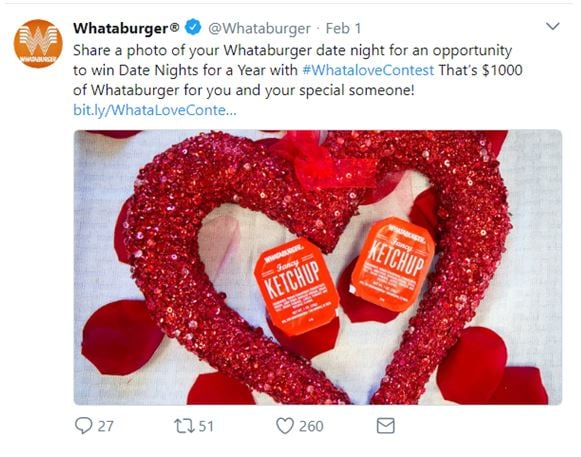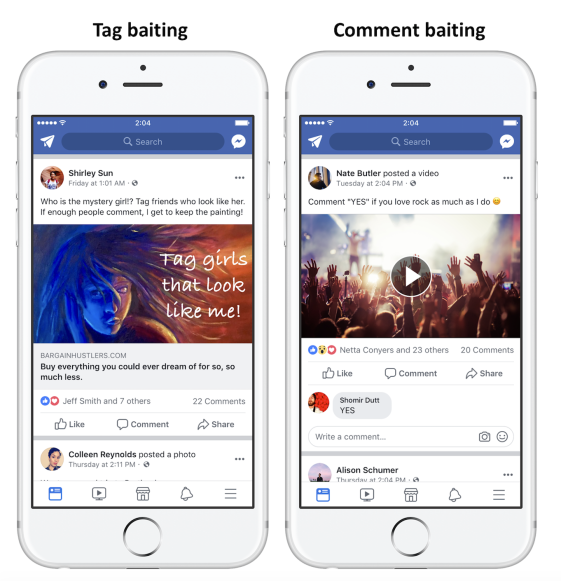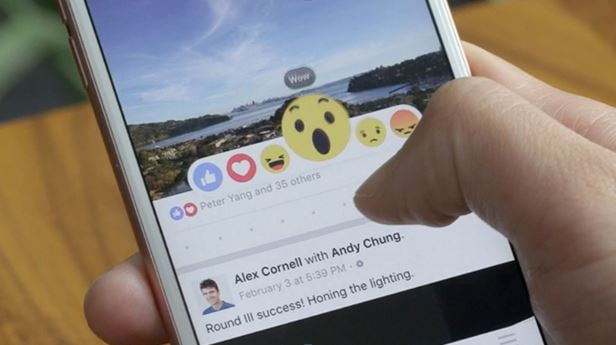Marketers are concerned about their Facebook engagement in 2018 and moving forward. Social media marketers have hundreds of tools available for reporting, prospecting, scheduling, and monitoring. We’re drawing up strategies, filling up Excel spreadsheets, and trying our best to keep up with everyone else.
There’s nothing wrong with any of this. In fact, I’ve got an Excel spreadsheet open right now as I create next week’s content for a client of mine.
But our tools don’t mean anything to the people that we’re creating the content for. All they see is the content as it flies by on the newsfeed. They’re either interested or they’re not – and content is still king.
Even with a well-planned social strategy and calendar, 3 simple things stick out to me over and over again when I’m checking out company pages across social media:
- Engagement bait
- Over-saturation of self promotion
- Playing WAY too safe with content
These 3 mistakes are all ground-level problems that are destroying Facebook engagement in 2018.
Facebook itself HATES engagement bait – they’ve made that clear
After Facebook’s 2018 news feed change announcement, it became clear that their objective is to get back to basics. “LIKE this post if you’re a Capricorn!” is seen as an abuse of Facebook’s real purpose for company pages. Facebook’s purpose is to “foster authentic engagement”. We must be aware and vigilant of what Facebook defines as engagement bait. What you use to think of as a simple call-to-action statement may be seriously lowering your Facebook engagement in 2018.
There are 5 kinds of engagement bait that Facebook is actively looking for and demoting in the news feed:
- Vote baiting
- React baiting
- Share baiting
- Tag baiting
- Comment baiting
This means that we now have to create higher quality content that our followers are seriously interested in. Honestly, we’re just being forced to be better at our jobs – and that’s a good thing.
Self-promo is boring
… but it doesn’t have to be! It’s possible to create good content that also directly promotes a brand.

Whataburger uses original photos and a real sense of humor to make self-promotional content seem less like a sell and more like the rest of their non-promotional content.
When I say “self-promotional content”, I’m speaking of posts that are explicitly asking for participation or a sale. However, every single thing that a brand does on social media is self-promotional. Every post is aimed at lifting the brand’s standing among the public.
Hootsuite recommends to limit self-promotional content to 1/3 of your total posts. In my opinion, that’s still a bit too often. I like to keep it to a maximum of once weekly. We’ve all unfollowed or muted pages that over-saturate our personal feeds with self-promotion.
Stop trying so hard to create the “correct” kind of content
I think that playing it too safe is the most common pitfall of any company’s social media presence. All of their content sounds like it came straight out of a black-and-white Excel spreadsheet running Windows 98 after being pre-approved three times by supervisors.
No matter their audience or industry, some pages feel the absolute need to jump on every single holiday and every dead meme. This is one of the most common complaints about company pages from the public. They’ll say “Happy #Thanksgiving! Are you #eating #turkey today?”
Duh – yeah, I’m eating turkey. I’m also cringing because this has no connection to your lumber company. That’s sure to halt Facebook engagement in 2018 and beyond.
Produce content that your followers enjoy
I know that it sounds obvious. But this is really the bottom line. Your brand’s content is literally sandwiched between an angry Trump post and a video of a dude skydiving without a parachute. Will your followers actually feel compelled to move their thumb 3 centimeters over to your “like” button? That’s the question.
I believe that combating these three areas will improve any brand’s Facebook engagement in 2018.
February 13, 2018



Comments